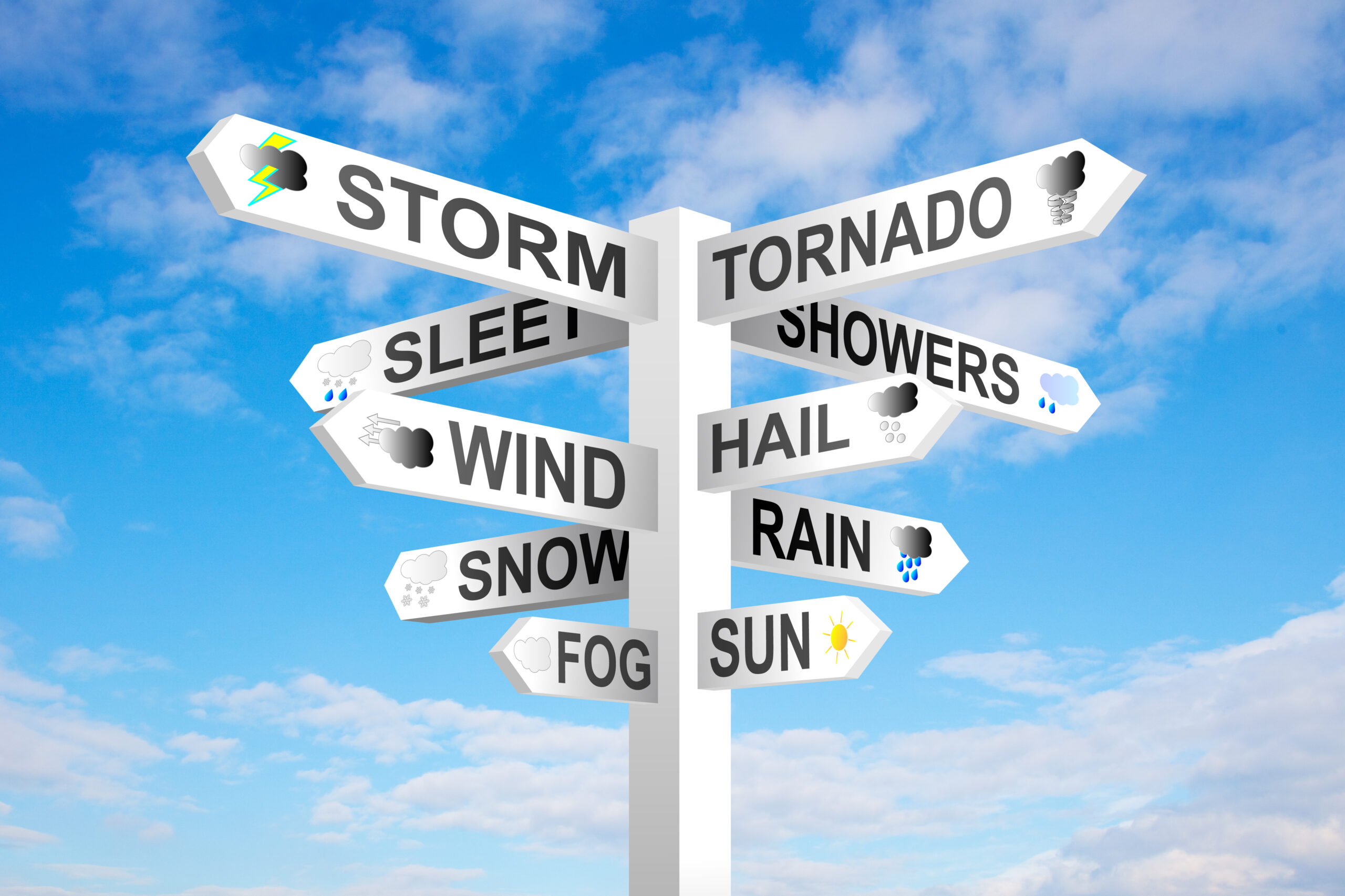- Services
-
-
-
Insurance Claim Types
-
-
- Resources & Support
-
-
-
Insurance Claim Support
-
-
- About Us
-
- Contact Us
Insurance Claim Types
Tornado damage Insurance claims
Bring calm to the confusion of tornado damage insurance claims with a team of licensed public adjuster who will advocate for you and your property damage.
GET PERSONALIZED, PROFESSIONAL INSURANCE CLAIM HELP FOR YOUR TORNADO DAMAGE INSURANCE CLAIM.
Even small tornados can inflict tremendous damage on a property – including visible damage to roofs, windows, and siding and less obvious damage like foundational cracks. Often the confusing twists and turns of tornado damage insurance claims lead policyholders to settle for less than they need to fully restore their property. Our team of public adjusters work with engineers, storm restoration professionals, and other damage experts to document every detail of your property damage and represent your claim to the insurance company – getting the full settlement you need.
Related insurance claim types
Handling your tornado damage insurance claims
from start to finish
Step 1
Inspection
Step 2
Estimation
Step 3
Preparation
Step 4
Negotiation
Step 5
Settlement
WHAT SHOULD I DO WHEN MY
PROPERTY IS DAMAGED BY A TORNADO?
Document damage
01
Before filing the claim, photograph and video all the damages. For example, record hail size, damage to roofs, etc.
Inspect & estimate
02
Request a complete copy of your property policy from your insurance agent if you don't have one readily available. Contact a qualified damage expert like a public adjuster to inspect, verify and quantify damage with an estimate. Avoid submitting frivolous claims where damages don’t exceed your deductible or the property didn’t sustain a covered cause of loss under your policy.
Mitigate damages
03
Policyholders are required to protect covered property from further damage. Failure to do so may result in denied coverage. Be sure to document and photograph everything, limit the amount of demo a company performs and avoid doing anything to permanently alter the structure.
File the claim
04
Once you’ve determined the need for a claim, submit the claim to the carrier. Include all of the detailed information you have compiled in the steps above. Also, be aware of time limits that may apply, including:
-
- Making claim for replacement cost value (RCV)
- “Suit Against Us” provisions
- Proof of Loss
-
- Statutory requirements
- Business interruption/extra expense
Start a claim diary
05
List every person/adjuster with whom you speak and the date they inspect the property. Keep an account of conversations and always get as much possible in writing. (Pro tip: summarize important phone conversations in an email back to the insurance adjuster making sure to verify any verbal commitments in writing.)
Prep for the adjuster
06
Consider hiring a public adjuster, who will prepare the estimate and claims package for you before the adjuster even steps foot on the property. Be aware of common “red flags” and contact a public adjuster or attorney if any of the following occur:
-
- A need for engineers
- Short inspections
- Mentions of damages under deductible
-
- Reservations of Rights
- Claim denials or delays
- Examination under oath (EUOs)
Get a valuation of damage
07
Twenty-two of the 25 major U.S. insurance companies rely on the estimating software, Xactimate, to quantify damage. If your contractor does not use Xactimate, that’s okay. However, consider bringing in a public adjuster who does use this software in order to produce the most thorough, accurate estimate and ensure every nook and cranny is included in the scope.
Get payout/complete repairs
08
Before you sign a waiver of rights or a Proof of Loss, make sure you are satisfied with the proposed settlement. Signing documents like these can oftentimes prevent you from recovering anything further, including supplements.
Previous slide
Next slide
Get insurance claim service
tailored to your industry
Property
managers
Let us take on the claim process and reach a fair settlement for your HOA or multifamily complex.
Contractors
Save time, ensure your clients get what’s rightfully owed to them and get paid faster with an insurance partner.
Common questions about
tornado damage insurance claims
Understand the important things to consider and get answers to your top
questions around your tornado damage insurance claim.
How do I know if I should turn in a tornado damage claim?
It’s best to contact a professional to validate damages BEFORE you notify your insurance company in order to avoid a frivolous claim. There are no hard and fast rules on what warrants damage. For example even 1″ hail and 60 mph gusts can cause damage depending the surface it impacts. (Watch this video for an example.)
Will a tornado claim raise my premiums?
Typically an “act of god” claim will not increase your premium. However, even if you don’t submit a claim or are not affected by a large catastrophic storm, you may see a rate increase as many other people submit claims.
Can I dispute my tornado claim?
Who do you trust, your contractor or your insurance adjuster? If you have an active claim and you have a large dispute between the amount paid by insurance and what your contractor is stating, it’s a good idea to contact a public adjuster, who can assist you in disputing the claim.
What do I do if my claim gets denied or underpaid?
If you have a claim denial or a partially denied claim, it is a good idea to have a licensed public adjuster or attorney review the file to provide a secondary coverage opinion. Our team can review your claim for free.
How do I know if I need a public adjuster on my tornado damange claim?
A qualified restoration contractor can provide an estimate and guide you through the residential claims process. However, if you own or manage a commercial property, policies become more complex and require more detailed reviews of coverage. Oftentimes, insurance companies will require detailed estimates written in a software program, Xactimate. And unfortunately, the vast majority of commercial property claims are underpaid. Our team is certified in Xactimate and includes one of only 48 Xactimate Certified Trainers in the nation. We also have the insurance knowledge and industry expertise you need to ensure your claim is filed accurately, negotiated professionally and paid fairly.
What if my insurance company doesn't pay Overhead and Profit on my tornado claim?
This is a common problem with some insurance companies and it’s unfair and in some states – illegal. Overhead and profit, (“O & P”) is a known expense that all contractors charge, usually at a rate of 10% and 10%. Sometimes insurers will not pay this on the roofing portion of the claim because they believe it’s already part of the Xactimate estimate. Check out our white paper to learn why this is incorrect.
As a contractor, why should I engage a public adjuster on a tornado claim?
A public adjuster can help with scaling your company by taking out the everyday minutia of writing an estimate, corresponding with stakeholders and insurance company reps and navigating policy intricacies. We also have the training and expertise to handle claim red flags on behalf of you and your customer, including when/if to engage an engineer, policy coverage, delays, unwarranted denials or underpayment. Furthermore, there are legal limits to what a contractor can do when dealing with insurance claims. Contractors working with policyholders should check the public adjuster statutes in their jurisdiction to ensure they are not acting as an unlicensed public adjuster when assisting in claims.






